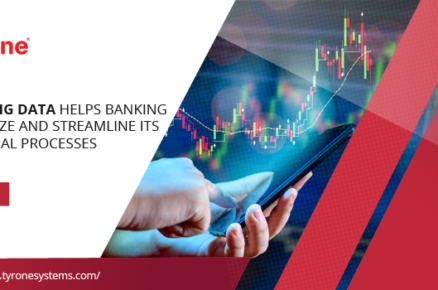Blockchain is undoubtedly one of those technologies which have had a lot of impact on how things are done in the business world. This technology has also generated a lot of hype because of the simple fact that there are hardly any industries or streams in which this technology cannot be used. The popularity of this technology has grown to such a tremendous measure that many countries across the globe are currently struggling to come up with some official rules and regulations related to this technology. When experts praise blockchain, it leads us to wonder how exactly this technology can affect the way some of the prominent industries work. In this article today, take up the challenge in answering that exact question and figure out if blockchain can change the way in which the oil and gas companies operate.
The Uses of Blockchain
Blockchain is a distributed ledger technology that consists of shared or replicated data. This replicated or shared data is further spread across various countries, sites, and institutions and there is no central administration of the data storage. This roughly translated means that there is no single party that has complete control or record of the transactions which are carried out with the help of this technology. This is why it is vital for companies to check for the key requirements for blockchain which a platform must fulfill. A list of those key requirements is mentioned below.
• A shared repository
• A number of writers
• A minimum level of trust between parties involved
• One or more central gatekeepers or intermediaries
• Transaction dependency
Blockchain for Oil and Gas Companies
The oil and gas industry is characterized by heavy investment and cooperation among multiple parties, especially on the upstream side. Even midstream and downstream, however, there are often ownership changes, transactions, and information exchanges taking place across multiple companies. This is due to the inherent trading nature and bulk movement of various commodities comprising of gas, crude oil, refined products, and petrochemicals.
These characteristics make the industry a good candidate for blockchain, at least in those areas where there is a change of ownership, sharing of expenses, and multi-party collaboration. Because of all these characteristics, this entire industry has become a perfect candidate for blockchain. The industry’s stringent regulatory requirements and the need to share information with governmental bodies adds another dimension that makes distributed ledger technology like blockchain relevant.
Some scenarios where Blockchain can be used in the Oil and Gas Industry
To understand exactly how blockchain can change the way in which oil and gas companies operate, we will now be looking at some of the most prominent scenarios.
1. The Accounting and Management Joint Ventures
This scenario involves multiple parties, including operators of producing assets, non-operator joint venture partners, governments, and banks. At an organization level, this process is automated through joint venture management solutions; however, since data must be shared across other entities, blockchain is a good fit.
2. Quality Management and Trading
There are many manual processes which are a part of both quality management and trading including surveyors, payment, monitoring, and many others. Through blockchain, these processes can be handled with complete transparency and accuracy. A lot of data points, transaction details, and other information pieces can easily be stored and verified by the other members without any kind of fuss. Both small and larger contracts can also be easily created. Blockchain can also be used to trigger payment procedures by integrating it with the already existing financial enterprise system.
3. Project Management and Collaboration
It has been mentioned before that oil and gas companies often have many partners. And when it comes to the operation of projects then it is vital for all documentation to exist in complete form. However, this is often not the case due to the complexity of the project and the number of parties involved. The blockchain technology can be leveraged to solve this issue. This won’t just allow easy and safe storage of all information during the starting of the project but will also allow the parties to add more information as the project progresses.
The Conclusion:
Innovations like blockchain can’t happen in isolation; there are always established business processes and system infrastructures that need to be considered. Blockchain requires an enabling layer that provides technical integration, which enables connectivity between different participants. This is where blockchain will play a major role in collaborative peer-to-peer scenarios.












